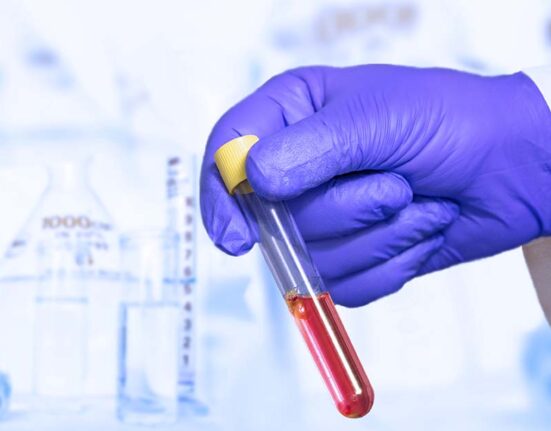Numerous studies indicate that regular exercise for cancer patients may significantly enhance physical and mental health. Exercise may help to reduce cancer-related fatigue, reduce the severity of cancer treatment side effects, improve treatment outcomes and cancer survival, and reduce the chances of suffering new cancers. The question is, what are the best exercises for cancer patients?
Consult Your Doctor Before You Start Exercising
Before beginning an exercise regime during, or even after, cancer treatment, always consult your doctor first. Even after treatment, it will take some time to return to your pre-cancer fitness level. Every cancer patient’s circumstances will be different, and your doctor can advise you on the best exercises for you specifically. Your specific fitness programme will need to take into account factors such as:
- The nature of your cancer.
- The adverse effects you are feeling.
- The state of your fitness.
- Any other health issues you may be experiencing.
Types Of Exercises That Are Good For Cancer Patients
The following types of exercises will be beneficial to people undergoing cancer treatment or recovering from cancer.
Stretching Exercises
Regular stretching helps improve posture and flexibility. Stretching may be beneficial if you have not been active while undergoing cancer treatment. Stretching after surgery may aid in reducing scar tissue and in regaining your range of motions, allowing you to resume your normal daily activities.
Balance Improving Exercises
Balance-improving exercises will help you regain the mobility and function you need to do your regular activities safely.
Aerobic Exercises
Aerobic, or cardio, exercises increases the heart rate. They may enable you feel less exhausted both during and after treatment since they strengthen the heart and lungs. The general recommendation is that cancer patients do a minimum of 150 minutes of aerobic exercises each week at moderate intensity, with each session lasting at least 10 minutes.
Strength Training
You may maintain and develop strong muscles by engaging in resistance exercises, often known as strength training. The muscular mass may help you balance, feel less exhausted, and do everyday tasks more efficiently. The recommended frequency for strength training is at least 2 sessions per week on non-consecutive days.
Tips For Exercises For Cancer Patients
Exercise safety measures are crucial if you are exercising during or after cancer treatment. Here are a few suggestions to help you make the most of your exercise programme safely:
Focus On What Your Body Is Telling You
If you do not feel like you have the energy to complete your exercise programme, reduce the workout time or intensity, or even skip exercising for the day entirely. You can ramp back up the intensity when you feel you are able to do so.
Discuss With Your Doctor Often
Your health may deteriorate during and after therapy. During your routine checkups, discuss your vital health metrics with your doctor to determine if it is safe for you to continue to exercise.
Start Slowly
Even if you were active before cancer treatment, cancer treatment may have had an impact on your ability to workout like before. You should slowly increase your exercise intensity and work your way up. This can help prevent injury and harm, and help you avoid discouragement.
Work Out In A Safe Setting
Avoid huge gyms where germs may readily spread if your immune system has been compromised by therapy. You can also exercise at home, or if it’s pleasant outdoors, exercising outside is an option too.
If You Need Guidance Or Assistance For Your Exercises
Patients that experience difficulty in exercising themselves can engage the services of companies that offer oncology physiotherapy. Here are some that you can consider:
- Health2u
- Heart & Lung Physio
- PhysioX
- Pooja Physiotherapy (for breast cancer)
- Singapore Cancer Society
Protect against cancer, cardiovascular disease, and other chronic diseases with regular health screening. Compare and shop for health screenings from Singapore and regional healthcare providers at a single convenient platform - shop.health365.sg
This article is informative only and is not intended to be a substitute for professional medical advice, diagnosis, or treatment, and should never be relied upon for specific medical advice.
























































